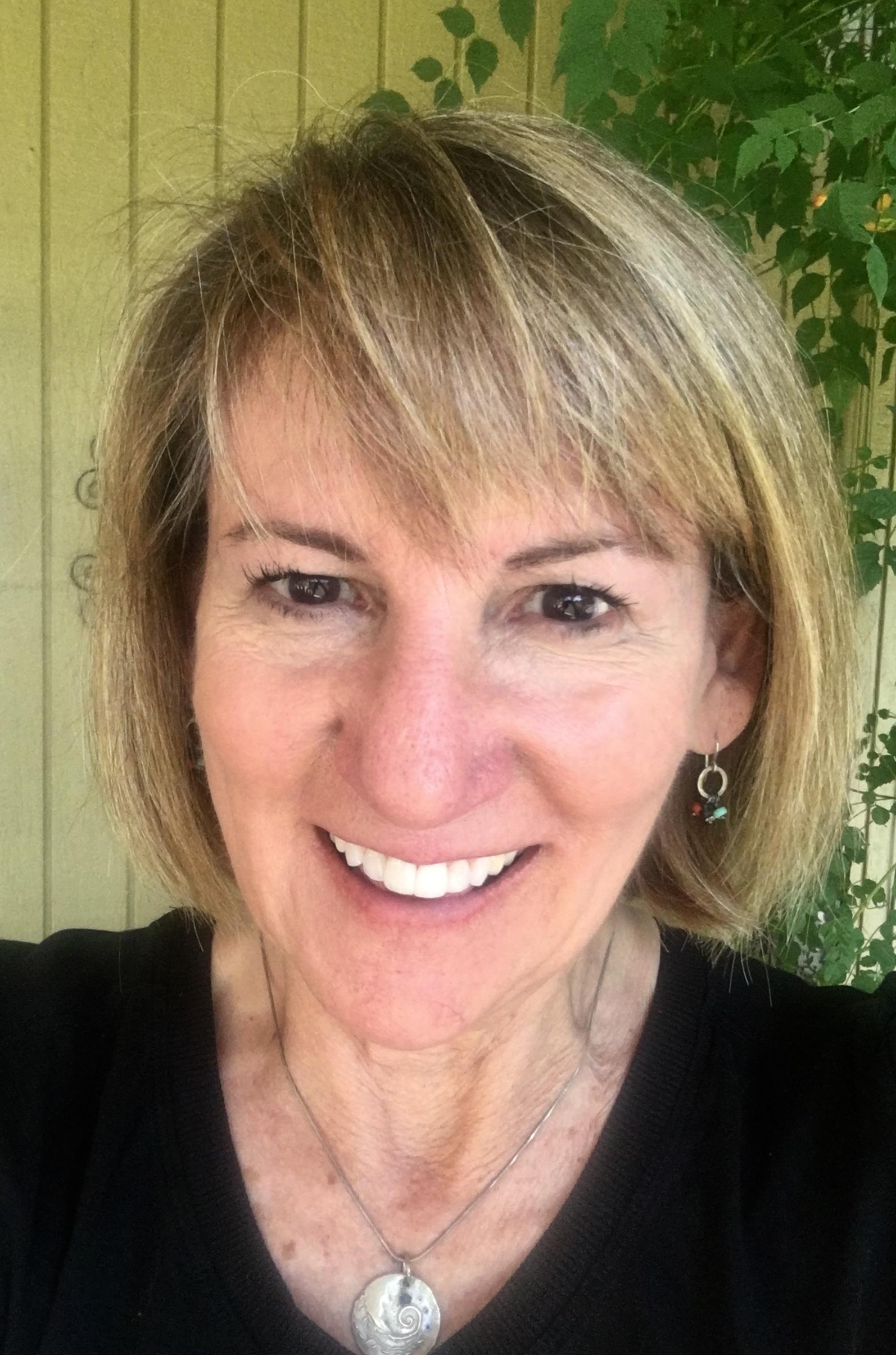
Six rural towns that said “no” to recreational marijuana sales after Colorado voters made it legal may change course in elections on Tuesday. Hotchkiss, Buena Vista, Crestone, Julesburg, Poncha Springs and Silver Cliff all will decide whether to reverse bans and moratoria and approve the sales and production of cannabis products.
The towns are small -- Crestone has a population of just 137 -- and have various reasons for giving marijuana a second look. Hotchkiss, where the coal industry is fading, needs an economic boost. Buena Vista doesn't want tourists to have to drive elsewhere to buy marijuana products. Julesburg, on Colorado's eastern border, could claim some of the pot shoppers as they enter the state.
And there's a lot of money at stake. Colorado saw $1 billion in marijuana sales revenue in 2015, and roughly $135 million in state taxes and fees.
Nathan Heffel spoke with New York Times national correspondent Jack Healy, who recently wrote about the effort to overturn the current marijuana ban in Hotchkiss. The town's mayor, Wendell Koontz, also offered his thoughts in a separate conversation, but included here. Edited highlights are below.
Why Hotchkiss is taking a second look at cannabis:
Healy: "Hotchkiss is this small town tucked into North Fork valley. It's a beautiful little place of organic farms and vineyards but the economic driver is a series of huge hulking coal mines just up the valley. Those mines have been experiencing a huge seismic shift and sort of disintegration in the American coal industry and that's put a lot of economic pressure on Hotchkiss. The town was losing out on a lot of jobs and a lot of traffic that it relied on for main street businesses. It was really kind of hitting a wall of hard times like a lot of other coal mining town all around the country. I think the difference between a West Virginia coal mining town struggling or one in Wyoming that's struggling in planning Colorado is that in Colorado they they have the option of looking at marijuana economic signals because we legalized it."
How the measure to remove the ban got on the Hotchkiss ballot now:
Healy: "One of the town's residents who runs a quirky little art gallery in an old church decided to put it on the ballot ... Mary Hockenberry. If you're ever driving through Hotchkiss, she runs a store that you would not expect to see in a little small town like it. But it's got all this great floridly colored cowboy art on the walls and hymnals that have been repurposed as kind of outside art. She started collecting signatures and with support of some friends was able to get it on the ballot. Hotchkiss is such a small town, it's got about 900 people and fewer registered voters, and the way it works is that you don't need that many signatures to get something on the ballot. I think it's like 5 percent of the number of people who voted in the last elections. So it was a pretty small number. It wasn't like she needed to get the support of everyone in town."
Not everyone is on board with this, including Mayor Koontz:
Koontz: "Personally I'm not in favor of it. I don't see us as a society here in the United States having done such a great job with alcohol. That we don't need to bring another product similar properties onto the market. We all know that both alcohol and marijuana are addictive and it's a gateway drug to other things. Certainly there is an opioid epidemic in Colorado, in the United States. So, I wouldn't like to see Hotchkiss like at that at all. Our town motto is the friendliest town around. I just would not like to see that sullied."
On these concerns being a common thread:
Healy: "I think this is kind of an evolving discussion that is playing out in smaller towns around the state because obviously each municipality has the power to have these debates and consider that yes no questions about it. And I really feel that you do hear conversations especially in small places where the main streets run a few blocks.
There are places where you can sort of tuck marijuana shops, like industrial areas for example, that are more out of the way of the main shopping drags, where you can put big commercial grow facilities on less developed areas that are that are away from the downtown cafe. There's this real sense of the character of the town being at stake on these debates. I think that the mayor [of Hotchkiss] really articulates this."
On whether marijuana will truly offer an economic boost:
Koontz: "Even the proponents don't believe this is a a windfall for the town in terms of tax revenue. That's an unknown. We're tucked away way up here in the North Fork valley. You just don't know what kind of retail market there is for it."
On watching other towns' experiences:
Healy: "I think that certainly the people on the pro side are. They look at their neighbors. Like in Hotchkiss, there's a lot of talk about the small windfall that DeBeque saw from marijuana or that Crested Butte has seen. And they look at these places and they say, well if this going to be legal in Colorado, if we're going to sell it in towns that are maybe 40, 50 or 70 miles away, it's going to be moving through the state, it's going to be moving through our town anyway, so why don't we capitalize on it and collect some of the tax revenue and maybe pick up a few jobs."









